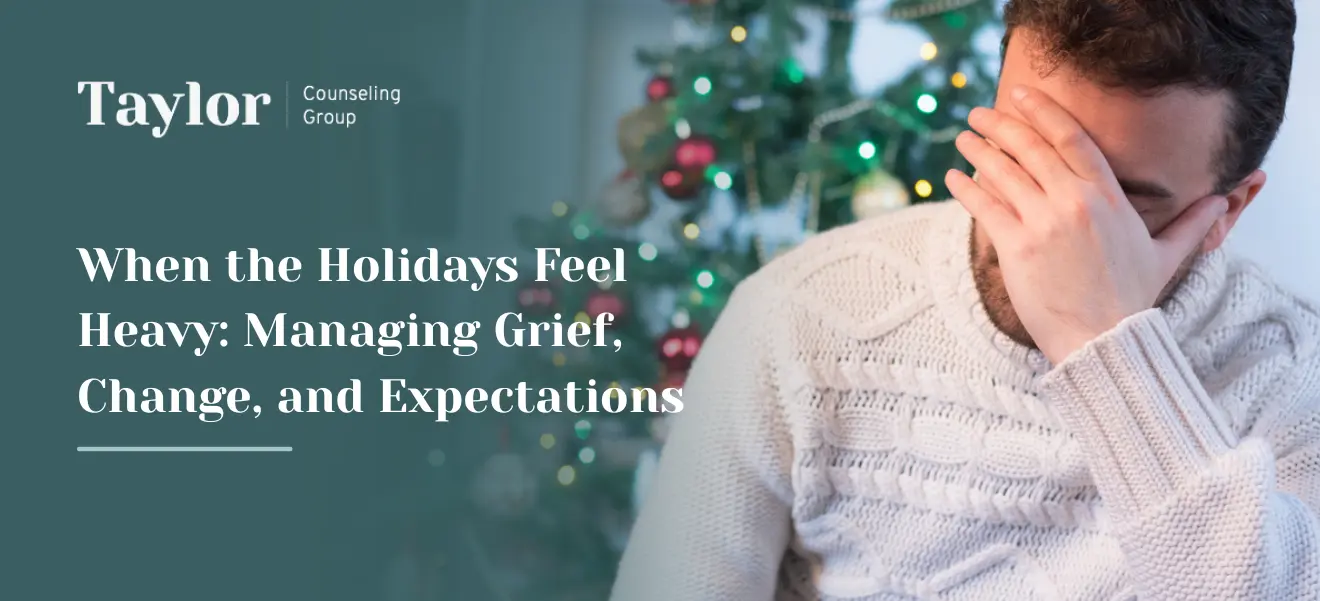Most of us would love to lead a stress-free or so we think. Stress serves a purpose which is mainly to help us adapt to life and survive with our wits and life intact. Stress is a person’s physical and emotional response to change. Stress allows us to respond to our environment. The time taken to adapt to the change determines whether the stress is:
- Acute stress – calls for an immediate reaction to change that is judge to be
- Chronic stress – results from changes that are not addressed. This lack of action leaves the body in a state of heightened awareness or tension.
If all stressors were acute, then stress would not be such a critical issue in modern society. People would simply respond and adjust to immediate threats, and then they would return to normal.
Unfortunately, most stressors in modern society do not allow people to respond and adjust quickly. Dealing with daily job stress, ongoing financial pressures, and dysfunctional long-term relationships at home or at work usually cause chronic stress for the people experiencing them. Living in chronic stress, the person’s body lives in a heightened state of awareness and tension, which can lead to:
- Cardiovascular events such as heart attack or stroke
- A suppressed immune system
- Slow wound-healing
- Herpes outbreak
- Irritable bowel syndrome attacks
- Decreased sex drive and impotency
- Asthma attacks
- Ulcers
- Blood pressure elevations
- Increased chronic pain
- Psychosomatic complaints
What causes stress?
- Life events such as divorce, loss of a loved one, birth of a child, moving, getting a new job, financial setbacks or windfalls.
- Daily events such as traffic congestion, long commute, working overtime, deadlines, personal conflicts, car trouble, job stress, household chores, childcare.
- Environmental stressors such as excessive noise, weather extremes.
- Physical stressors such as physical injury, chronic pain, hunger, thirst, lack of sleep.
- Genetic predisposition
- Inability to adapt; lack of coping skills
- Age – both young and old experience more stress.
- Personality and perspective
- Isolation
What are the symptoms of stress?
- Changes in sleeping problems
- Nightmares
- Decreased interest in sex; impotency
- Teeth grinding
- Irritability or impatience
- Crying over minor incidents
- Dreading going to work
- Headaches or stomach aches
- Increased muscular tension in such places as the jaw, neck, back or shoulders
- Digestive problems
- Shallow breathing or sighing
- Cold or sweaty palms
Stress can work for us or against us. When stress becomes unmanageable, it can threaten you emotionally, mentally, physically, socially and spiritually. Knowing the signs of stress can alert you to reaching out for help when you need to.






